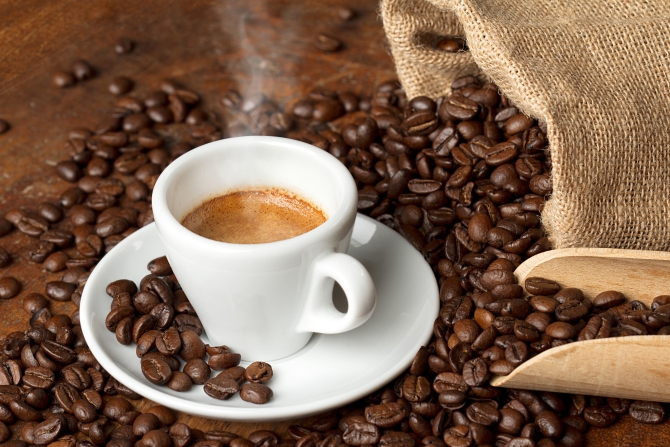Tesco continues to struggle against the tide of waning consumer interest, with offers from discounters such as Aldi and Lidl and upmarket brand Waitrose at present proving far more popular than their pledges to cut prices. Unfortunately, it seems that the news from the country’s largest supermarket group is continuing to go from bad to worse, with Harris + Hoole this week reporting an almost £13 million loss for the past year.

The coffee shop chain, in which Tesco owns a significant minority stake, filed accounts showing that, in the 52 weeks to the 23rd of February, pre-tax losses amounted to £12.8 million. This is particularly bad news as in the previous financial year Harris + Hoole recorded a pre-tax loss of £5.6 million – indicating that the fortunes of the coffee chain are worsening as the economy improves.
Harris + Hoole chief executive, Nick Tolley, claimed that the loss “reflects the early life cycle stage of a number of the shops open at the end of the 52 weeks and also the early development costs of the business.”
He continued; “The UK coffee market is highly competitive and already served by a number of international, national and local competitors.
“Harris + Hoole, through its artisanal approach and differential offering, both in terms of its products, its service and its shop environment, is well positioned to continue to grow sales and market share.
“Harris + Hoole’s strategy continues to focus on delivering the best coffee experience on the high street by training the most engaged baristas in the industry, forging close relationships with local suppliers, and using the highest grade, ethically sourced coffee that is hand roasted each week.”
During the 52 week period, Harris + Hoole more than doubled its store portfolio, with the 18 new openings bringing the total number of outlets in the UK to 30. However, it has perhaps surprisingly continued to grow even after posting the significant loss with more than 40 stores now in operation, although six sites are currently expected to close in the near future.
Around two thirds of Harris + Hoole coffee shops are currently in the form of subsidiary units in large Tesco stores, which may perhaps pose some level of concern for the future. This is because Tesco chief executive Dave Lewis, since taking the reins of the supermarket group in September, has hinted at a plan to sell all non-core assets as a means of channelling additional funding into Tesco’s supermarket and convenience store networks – meaning any ongoing relationship between the supermarket giant and Harris + Hoole could be in jeopardy.
While Harris + Hoole continues to invest in store openings and a mobile app allowing customers to pay for goods using their smartphones, it seems clear that in order to survive the first priority for executives must be to reduce the current losses. This may prove particularly essential should Tesco withdraw its support before the end of this financial year.